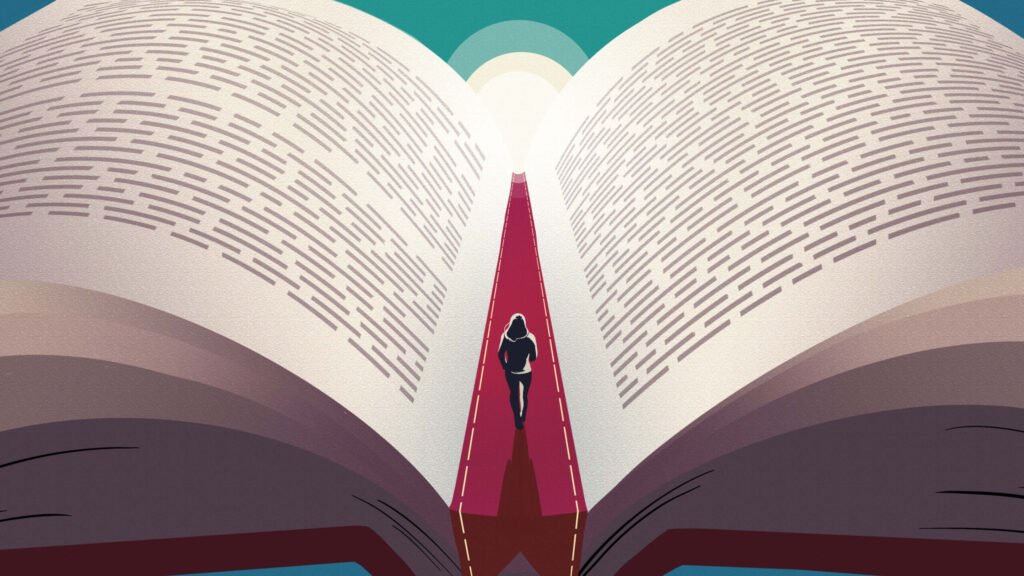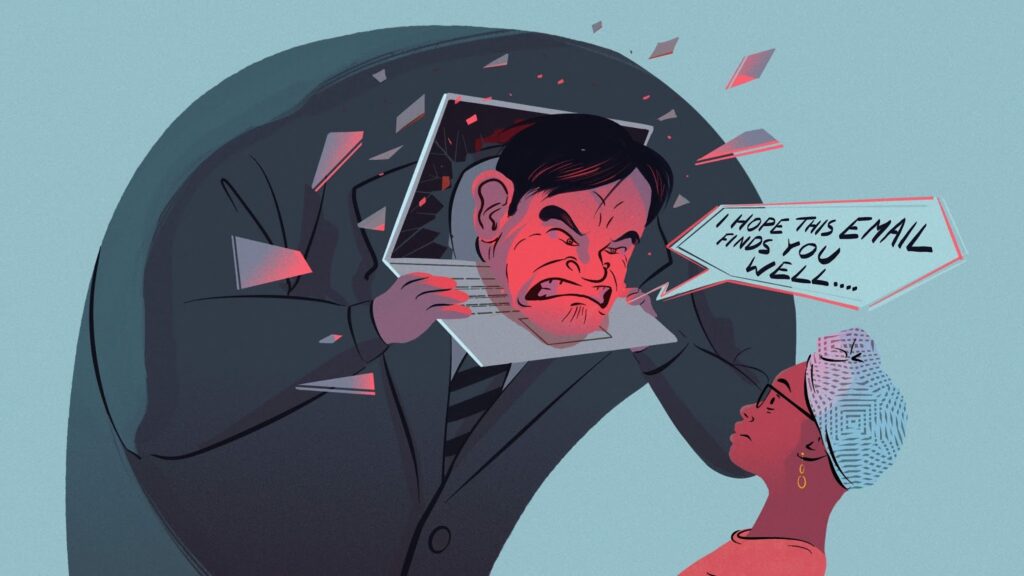Take a ten minute scroll through journalism Twitter and you’ll see there are a lot of freelancers who are in the process of either writing a book, or are getting ready to release a book. Be it the hotly anticipated The Pyjama Myth by Sian Meades Williams (known for The Freelance Writing Jobs newsletter), a memoir by Tiffany Philippou, or another book by podcasting powerhouse Emma Gannon, it’s always been the logical next step to a freelance writer’s career, and with houses and consumers desperate for good content, now is the time to act.
However, aside from the actual writing, what do freelancers actually need to know about the publishing of their first book? It may take you hours or even just days to read a book, however there is a lot more work that goes into them than it seems – such as with who represents who, contract negotiation, and so much more. There is also the aftermath, such as with needing to register your book for Public Lending Right.
What you need to know about representation
There is no set route into publishing and the same goes for representation. Say that you have either written your manuscript or are interested in signing a contract to do that at a later date; chances are, you are going to need some kind of representation for contractual negotiations.
You could sign with an agent to do this for you; professional agencies such as Curtis Brown would negotiate contracts for you. However, it is helpful to know that there will be a fee attached to this – which will vary from agency to agency.
William Kuhn started out as an academic historian and later went on to write Reading Jackie, a biography focusing on Jacqueline Onassis’s two decade career in publishing. He advises freelancers to find an agent, saying: “Once you find several agents who have represented work like yours before, write each of them a letter or an email about why they should look at your idea. Get their attention with things like the following; Have you had any unusual accomplishments of late? Did you recently win a literary prize? Has one of your social accounts gone over 10K followers?”
Kuhn also added that you could become a member of the Society of Authors (SOA), a trade union for writers, illustrators and translators, to seek out advice. It’s worth keeping in mind that the SOA union also offers members an unlimited contract vetting service in confidence, for free, which is very useful for book contracts. (You can join the Society of Authors here.) I’m currently working on my first book, which is due out in 2022, and The Society of Authors offered very useful advice – for free – which enabled me to negotiate my contractual terms.
All about the royalties
An advance is money borrowed against expected sales you can be given upfront; it is only once that balance has been redeemed against sales you will start to make money. The rates of royalties change from publisher to publisher, too – and it may be worth considering if you should self-publish, as it’s more likely you will have more of a share of the royalties that way.
Dr Lily Canter is one of the co-founders of the organisation Freelancing for Journalists. She and her other co-founder have also published a book of the same name. While pointing out that royalties and advances in academic publishing are known for being tiny, she noted that it would almost always be more cost effective to self publish.
Dr Canter continued: “There is an assumption that you will write the book during your salaried staff time so in effect you are already being paid to write the book. In reality you are most likely to write it in your own time and as a freelancer you definitely aren’t getting paid to write it. They also do very small print runs of a few hundred or maybe a couple of thousand if you are lucky. So something that could take you a month or two to write full time, might only earn you a few hundred pounds a year. It might therefore be much more cost effective to self-publish but keep in mind that you won’t have a brand name behind you.” If you are concerned about not having time to write your manuscript, there are also grants available, too.
Royalties can vary from publisher to publisher or if you decide to self-publish. However, the Authors’ Licensing and Collecting Society (ALCS) can also help with this; membership is free to members of the Society of Authors.
Just think about it – you may be owed potential extra cash!
What is Public Lending Right?
Believe it or not, people still borrow books from libraries – and with that there is also a potential fee. The Public Lending Right essentially means that you have the right to be paid every time someone borrows your book – and you can apply for this vis the British Library by clicking here.
Writing a book is a lot harder than people think; writing on borrowed snatches of time has been a lot harder than I thought it would be – and no one really tells freelancers how much of a commitment this will be. But knowing the business realities behind pitching, selling, and living off of the royalties of your book will go a long way to making sure you are protected from bad faith negotiation or deals that are designed to work against you. Make sure you have a contract in place that is advised upon by both parties, and get writing!




